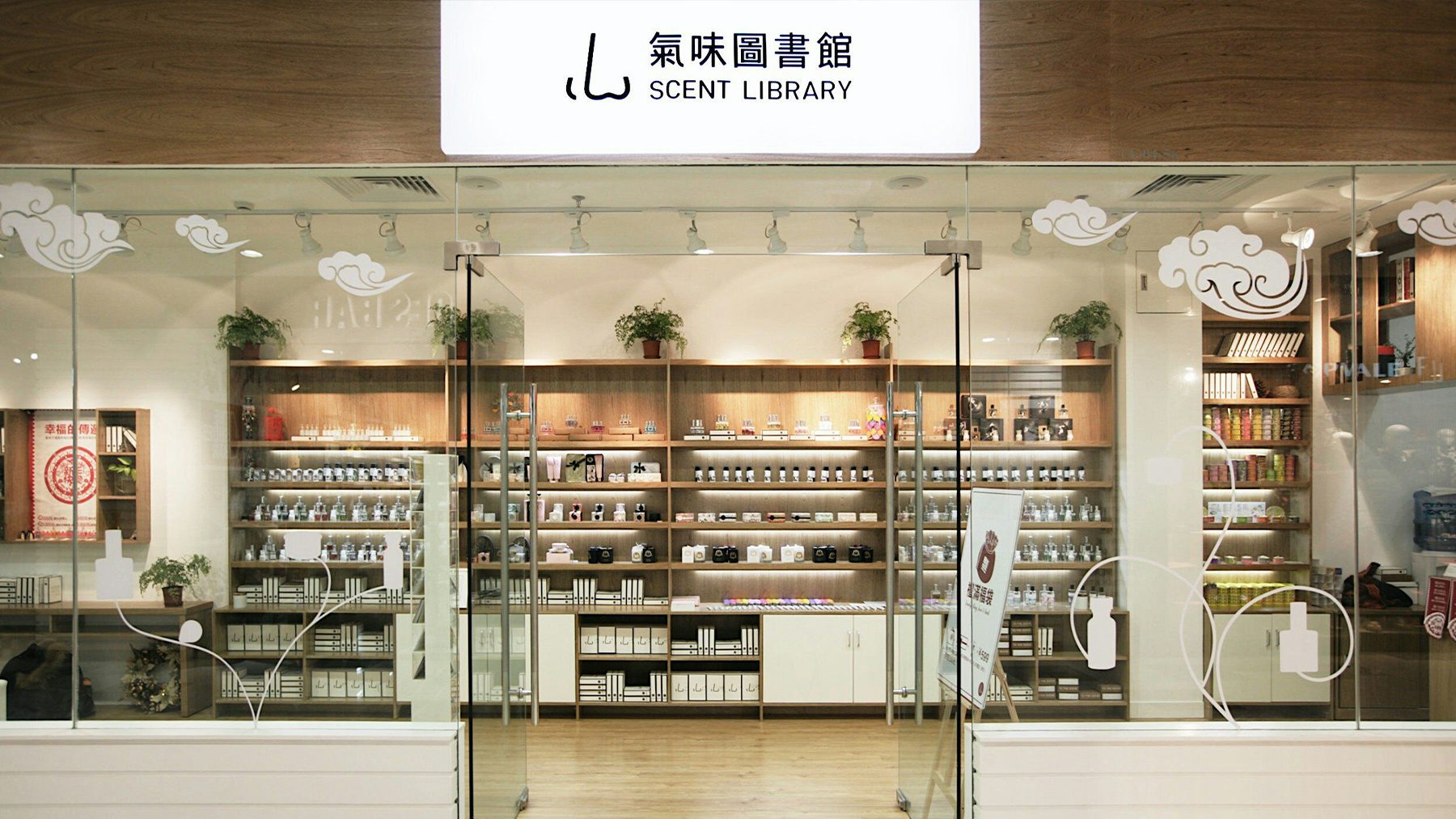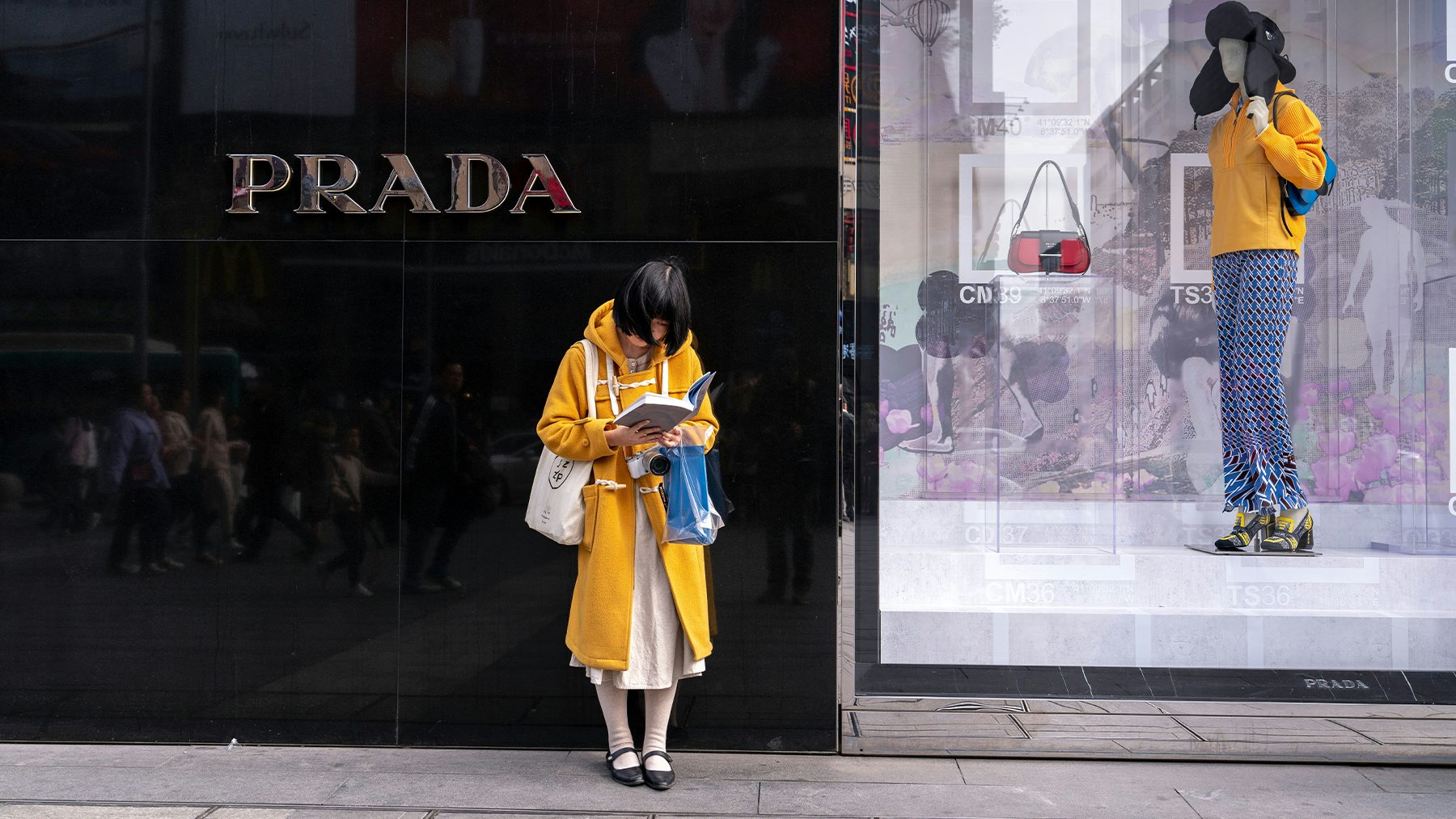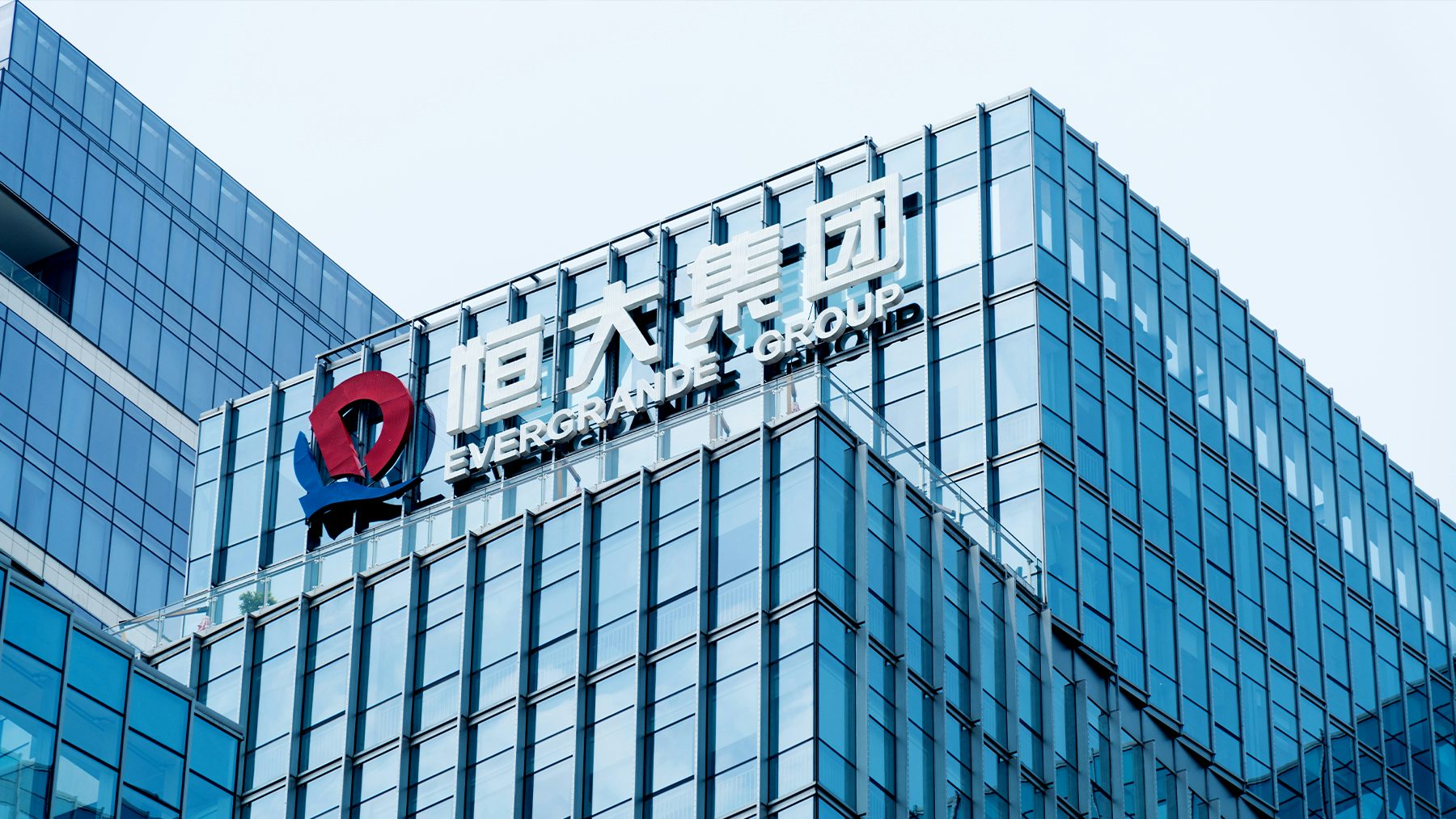The New Allure of Overseas Chinese Influencers | China Decoded, BoF Professional
This season’s fashion weeks may be a turning point for brands’ China-focused marketing strategists, leaving them with a larger, diverse and perhaps more complex network of influencers around the globe.
With ongoing travel restrictions keeping the mainland’s key opinion leaders (KOLs) stuck at home, many brands are filling the marketing void with KOLs living outside China. Not only can overseas KOLs be an attractive alternative for brands readjusting strategies in response to Covid-19′s knock-on effects in the short-term, but they also allow them to diversify their marketing budgets in the wake of Beijing’s recent crackdown on certain celebrity ambassadors and other ostentation in the entertainment industry.
And what the overseas influencers may lack in terms of the high profiles of top China-based KOLs, they want to make up for it in other ways, including a loyal fan base. It’s no surprise then that overseas KOLs are already part and parcel of many brand strategies.
As Elisa Harca, co-founder and Asia chief executive of Shanghai-based digital marketing agency Red Ant, explained, “We have always had overseas KOLs as part of our [general] strategies,” adding, “There are still more heavy hitters [in China so] the lion’s share of our resources will go to mainland KOLs, but we always try to ‘pepper in’ some of the internationally based ones with the right brand image.”
More Diverse, More Global
For the most part, Harca said the Chinese netizens who gravitate toward overseas KOLs are living, or have lived, outside their home country and have both relatively high spending power and a desire and openness to explore foreign brands. But there are also aspirational Chinese followers of overseas KOLs, those who have never studied or worked abroad and want to explore the world vicariously.
Put another way, “influencers living outside of China are able to ‘be the eyes’ of Chinese consumers by exploring local shops and providing unique, personal insights for their audiences back home,” said Kim Leitzes, managing director for APAC at technology and data analytics provider Launchmetrics.
However, the key for brands is to get the best of both worlds, said Leitzes, noting that the “real potential” of overseas KOLs lies in identifying those with followers both in China and overseas, allowing brands to generate a more global return on investment.
While overseas KOLs help brands scale product awareness rapidly, they can provide other benefits that are arguably now even more important in a post-pandemic market, such as greater geographic diversity for campaigns. What’s more, communication, payments and contractual arrangements tend to be easier to navigate outside the mainland due to China’s “walled gardens” — the barriers, like third party links, that businesses use to keep users on their platforms, said Leitzes.
The Bigger Business Case
Many of the key lessons and rigour that brands have learned while working with China-based KOLs apply to those overseas.
“Once you understand what you’re looking to achieve, it’s much easier to identify the key voices that will generate impact and work with them on the channel that is most adapted to your target audience, whether it be in the mainland or abroad,” said Leitzes.
But overseas KOLs, who are often bilingual posting in Mandarin and English, are increasingly adept at mixing Western social media channels alongside key Chinese platforms such as Xiaohongshu and Weibo.
Some overseas KOLs are using video-centric platforms like TikTok and Douyin, or Youtube and Bilibili to attract Gen-Z shoppers. For @Alfie’sAngel, a Chinese woman with a British boyfriend, this has meant posting fashion, beauty and lifestyle content on Xiaohongshu, Weibo, Bilibili and Douyin, where she has 4.3 million fans. On Bilibili, the couple post candid videos about their relationship alongside fashion and beauty content.
There are also KOLs like Paris-based Chinese model and KOL Xiayan Guo , whose collaborations include Byredo, Dior and Louis Vuitton, and will be attending Paris Fashion Week shows like Louis Vuitton’s on Oct. 5. She uses her social media channels to introduce Chinese followers to Scandinavian designers Baum und Pferdgarten and Samsoe Samsoe, which can be hard to find in the mainland. Meanwhile, her 80,000-strong Instagram following allows her to provide Chinese businesses, like Sleep Over Sleep, exposure to Western audiences.
Meng Mao is another Paris-based overseas KOL, who is mastering a similar mix of followers. She’ll be sharing her Paris Fashion Week moments — including a Miu Miu cocktail party and Etam runway show — on her Instagram, which is followed by more than 74,000 (a mix of overseas Chinese and others based outside China, as well as followers from the US, her second-largest demographic), in addition to her 1 million Weibo followers, about 90 percent of whom reside in China, she said.
Mao is experimenting with different formats to showcase her experiences, like hosting a styling session on Sept. 22 from the Carven store in Paris, which will be livestreamed on the brand’s Tmall flagship. For Paris Fashion Week, the plan is to film a vlog — Mao has been finding that video formats are proving popular with her audience.
While China-based KOLs will likely continue being the first port of call for brands selling to the key market, it’s looking like overseas creators will have a growing role at in-person events and other major brand moments outside the country. And as Harca noted, brand campaigns have room for both — for example, Red Hat tapped Mao and Toronto-based Emma Zhang (also known as Oh Emma) to create sponsored content alongside more than 60 China-based KOLs in a recent campaign with American brand Mother Denim.
“That’s what I hope to achieve, being a kind of connection between brands and the Chinese audience,” said Mao.
时尚与美容
FASHION & BEAUTY
Spanish perfume company Puig is set to invest in Scent Library. Scent Library.
China’s Beauty Sector Investment Spree Continues
Chinese perfume label Scent Library has secured investment from Spanish perfume and beauty giant Puig, according to Chinese business media platform 36Kr. The Series B round is said to have raised $10 million, sources told 36Kr, though the two companies declined to officially disclose the investment amount. The Beijing-based company, founded in 2015, was an early entrant in the country’s burgeoning domestic fragrance market and has gained a significant following with its creative and highly localised scents (one of the brand’s most popular fragrances recalled water boiling in an aluminium pot). Scent Library’s product lines now include perfumes, home fragrances and body care, and has more than 80 stores in mainland China. (BoF)
Homegrown Aesthetics Star at China Fashion Week
China Fashion Week wrapped up in Beijing on Monday following an 11-day programme comprising 88 shows and 14 forums and trade shows, featuring 314 designers. Chinese aesthetics and traditional culture were the biggest focus of this season. Designer brands such as Heaven Gaia and Damowang showcased traditional Chinese craftsmanship and martial arts culture respectively. A number of designers referenced and reinterpreted the costumes and crafts of China’s ethnic minorities. Meanwhile, Demainz and Mijia J11, among others, nodded to the sustainability theme spearheaded by China Fashion Week organisers, by using natural materials and processes. (BoF)
Redress Design Award Winner Announced in Hong Kong
Emerging designer Jessica Chang received the top prize at the Redress Design Award 2021, following a fashion show featuring works from the award’s 10 finalists in Hong Kong on Sept. 11. As part of the first-place award, Chang will work with Timberland over the coming months to create a sustainable capsule collection that will go on sale during Chinese New Year festivities. This is the 11th year that Redress, which is an NGO that aims to reduce fashion waste, has held the design awards. (BoF)
科技与创新
TECH & INNOVATION
China’s Ministry of Industry and Information Technology is continuing its campaign to prohibit digital “walled gardens.” Shutterstock.
Beijing Tears Down Digital ‘Walled Gardens’
The Ministry of Industry and Information Technology (MIIT) is continuing its campaign to put an end to China’s digital “walled gardens” — in which platforms like WeChat ban links from rival apps — as part of a wider regulatory crackdown on the country’s internet giants. “Ensuring normal access to legal URLs is the basic requirement for developing the internet,” an MIITT official said at a press conference on Sept. 13, ahead of the Sept. 17 deadline for platforms to unblock URLs. The change is expected to benefit not only internet users but also businesses, which will be able to more easily reach netizens across the ecosystem and track their purchasing journeys. (Tech Crunch)
消费与零售
CONSUMER & RETAIL
August retail sales in China were lacklustre, largely due to new Covid-19 fallout. Shutterstock.
China Retail Sales Disappoint With 2.5% Growth in August
China’s retail sales grew 2.5 percent in August year on year, impacted by the country having to deal with new outbreaks of Covid-19 over the summer months, according to the National Bureau of Statistics (NBS). The rate of growth is well below the 7 percent forecast by analysts in a Reuters poll and much lower than the 8.5 percent growth seen in July. Mainland China had controlled a late July outbreak of the highly contagious Delta variant by mid-August, but under Beijing’s “zero tolerance” policy, it required travel restrictions and local lockdowns in some locations during much of the summer holidays. (BoF)
China’s Shoemaking Hub Locks Down Following Covid-19 Outbreak
An outbreak of the highly contagious Delta variant of Covid-19 in southern China’s Fujian province grew to 139 cases in early September. The shoe manufacturing hub of Putian is at the centre of the outbreak, with 75 cases over the period. More than 500,000 workers and 4,200 shoe manufacturers for international and local brands are based in Putian and the city produces more than 1.3 billion pairs of shoes each year. The latest disruption is tough news for many global footwear brands already facing supply chain issues due to a rise of delta variant infections in Vietnam, another shoe manufacturing hub. (BoF)
政治、经济、社会
POLITICS, ECONOMY, SOCIETY
Evergrande’s debt woes are raising concerns about potential knock-on effects in other parts of China’s economic ecosystem. Shutterstock.
What Evergrande Means for China’s Economy
The woes of indebted real estate developer — which has seen its share price tumble 81 percent this year and owes around $300 billion — could send shockwaves across China. Last week, Bloomberg News reported that the group may not be able to make its interest payments this week and could miss a principal payment on a loan. Evergrande has about $84 billion in dollar-bond interest due Sept. 23 and experts fear that the group’s failure could lead to national unrest and financial tumult. It remains to be seen if the government will intervene, though according to Bloomberg, Guangong authorities have reportedly rejected one bailout request from Evergrande’s founder. (AlJazeera)
Japan: China’s Request To Join Transpacific Pact Will Be Judged on Merits
Beijing last week submitted a formal application to the Comprehensive and Progressive Agreement for Trans-Pacific Partnership (CPTPP). The application came as a surprise to many because the CPTPP succeeds the Trans-Pacific Partnership, negotiated by former US President Barack Obama with the intention of limiting China’s influence in the region but was dropped by the Trump administration. To achieve membership, Beijing would need to meet various requirements relating to intellectual property, state subsidies and state-owned enterprises. According to New Zealand’s foreign ministry, the CPTPP group, with Japan as its chair, will decide whether to commence an accession process with Beijing. (FT)
China Decoded wants to hear from you. Send tips, suggestions, complaints and compliments to our Shanghai-based Asia Correspondent [email protected].




